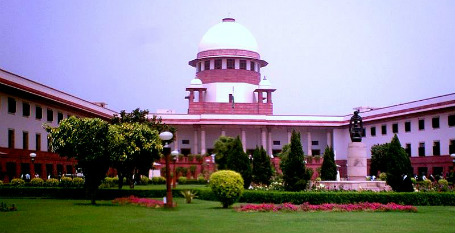After ruling against the government that privacy is in fact a right enshrined in India’s constitution, the Supreme Court has affirmed that freedom of sexuality is also covered.
The Supreme Court’s judgement read:
“Sexual orientation is an essential attribute of privacy. Discrimination against an individual on the basis of sexual orientation is deeply offensive to the dignity and self-worth of the individual. Equality demands that the sexual orientation of each individual in society must be protected on an even platform.”
The ruling has large ramifications for the country and leads the way for the repealing of controversial Article 377 of the country’s penal code, which bans sexual activity that is “against the order of nature.” Many have interpreted the wording to include gay sex.
The ruling was celebrated by LGBT activists in the country.
“People are feeling very upbeat about this,” said Anjali Gopalan, Executive Director of the Naz Foundation (India) Trust (Naz India), a Delhi-based NGO who has long fought for LGBT equality, according to Asian Correspondent. “We’re feeling there’s a lot of hope in the community.”
A nine-member bench of India's Supreme Court announced the initial ruling on Thursday, a major setback for the Narendra Modi-led government, which argued that privacy was not a fundamental right protected by the constitution.

